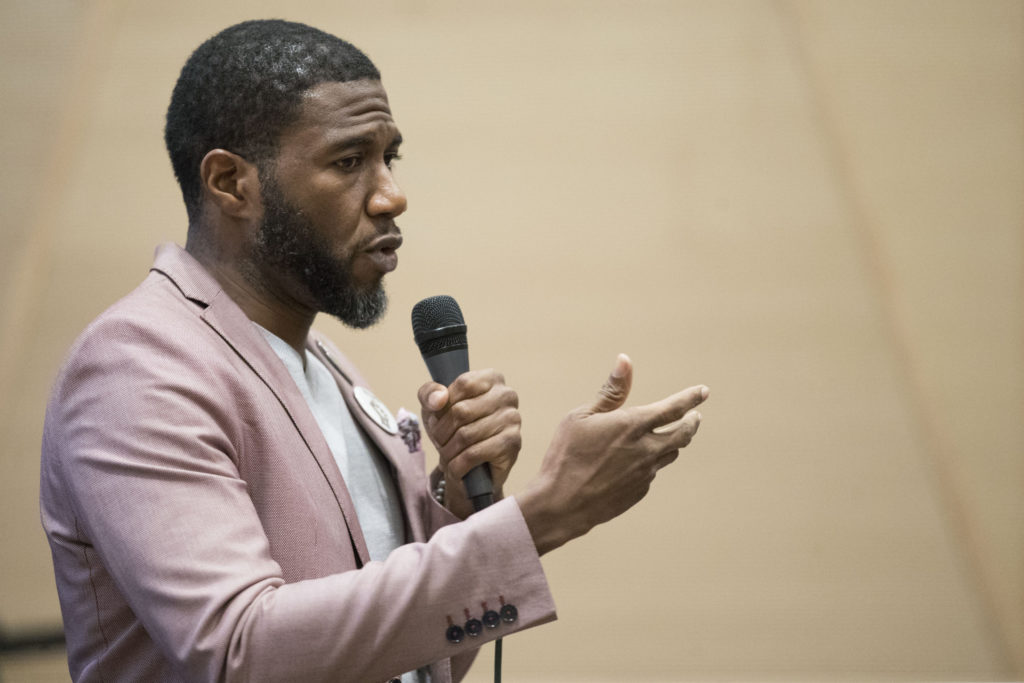National Grid is holding customers hostage, says NYC public advocate

New York City Public Advocate Jumaane Williams ripped National Grid’s denial of service to thousands of new and returning customers in Brooklyn, Queens, Staten Island and Long Island on Tuesday, calling it “reprehensible.”
“Clearly it’s a political ploy to have the Williams Pipeline built,” he told reporters at a press conference in front of National Grid headquarters in Downtown Brooklyn. “This is a privately owned company holding everybody hostage.”
Williams said National Grid has asked customers to put pressure on their legislators to support the underwater pipeline, officially called the Northeast Supply Enhancement pipeline, and urged customers not to fall for the ploy.

Brooklyn Boro
View MoreNew York City’s most populous borough, Brooklyn, is home to nearly 2.6 million residents. If Brooklyn were an independent city it would be the fourth largest city in the United States. While Brooklyn has become the epitome of ‘cool and hip’ in recent years, for those that were born here, raised families here and improved communities over the years, Brooklyn has never been ‘uncool’.